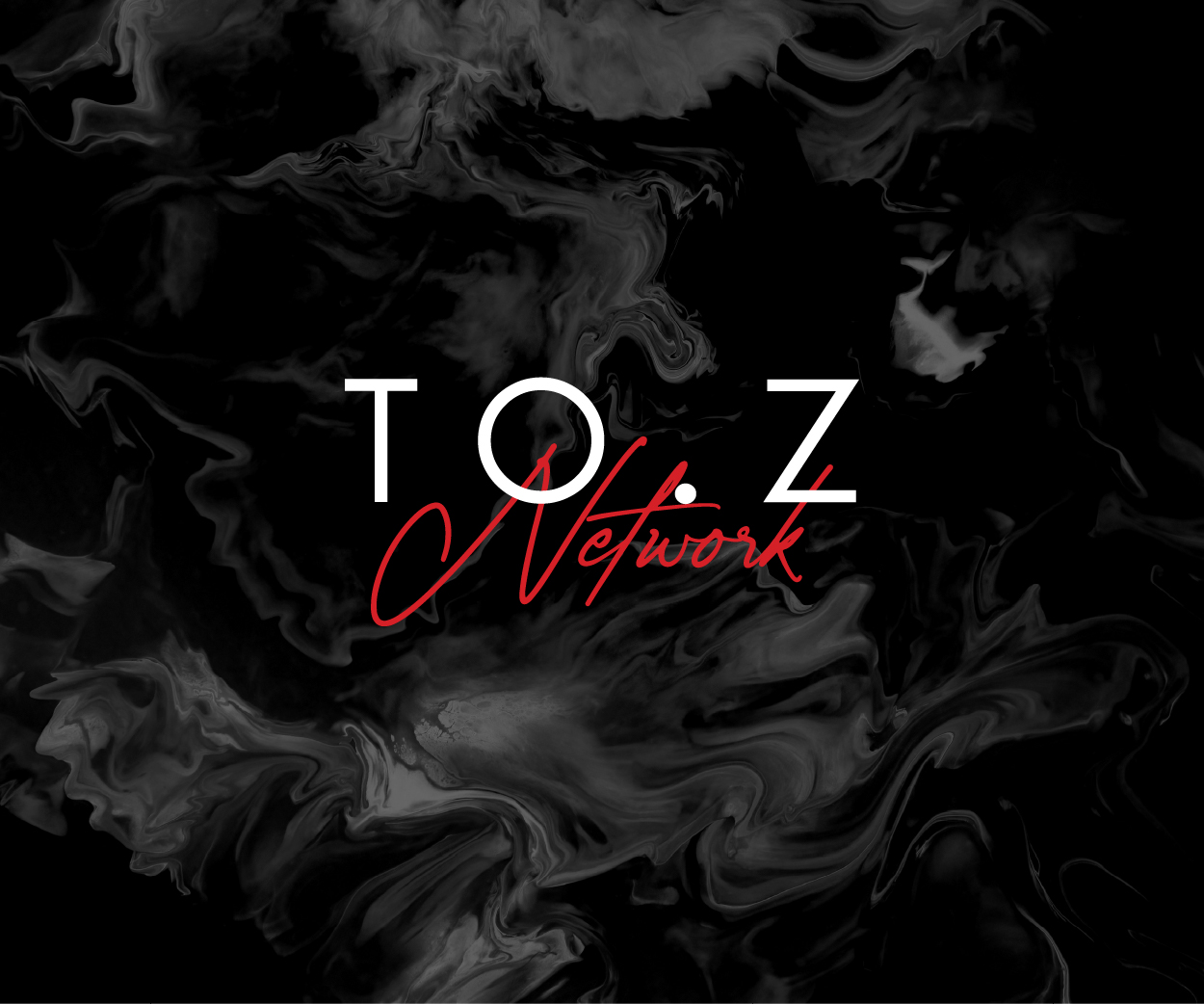WhatsApp to Introduce New Advertising Features in Global Rollout
WhatsApp is rolling out new ad features globally, allowing businesses to promote content in the Updates tab while keeping private chats ad-free. With 1.5B users, WhatsApp aims to monetize through channel promotions, subscriptions, and clickable stories, while ensuring user privacy remains intact.

In a significant move to expand monetization opportunities, WhatsApp is launching three new advertising features across its global platform. The Meta-owned messaging app, which boasts 1.5 billion users worldwide, aims to balance business growth with user privacy as it shifts toward becoming a more integrated digital ecosystem.
Ad Placement Outside Private Chats
WhatsApp has emphasized that the new ad formats will not appear within private conversations or utilize end-to-end encrypted message content for targeting. Instead, ads will be shown in the “Updates” tab — a section separate from the chat interface — and will be driven by factors such as users’ country, city, language, engagement with existing ads, and channels followed.
For users who have linked their WhatsApp account with Meta’s other platforms — Facebook or Instagram — more personalized ads will be shown, based on their combined activity across services.
New Tools for Businesses and Creators
The new advertising rollout introduces monetization tools for businesses using WhatsApp Channels. Companies will be able to:
-
Promote their channels in the Updates section to attract new followers
-
Offer exclusive content via paid subscriptions
-
Share clickable ads in the form of status updates that function similarly to Instagram Stories and direct users to chats
WhatsApp plans to take a 10% commission from subscription fees, with additional app store fees possibly applying depending on business size and location.
Strategic Shift for Meta and User Experience Concerns
Industry experts suggest this rollout is a major step in Meta’s strategy to convert WhatsApp into a scalable revenue-generating platform, similar to Facebook and Instagram. According to social media expert Matt Navarra, the approach reflects a larger shift across social platforms, with users gravitating away from public feeds and toward private messaging and short-form content.
However, the move also raises concerns, especially in regions like Europe and the UK, where WhatsApp is primarily viewed as a private messaging tool. Any perception of over-commercialization or a “Facebook-like” experience could risk user backlash.
Balancing Simplicity and Monetization
WhatsApp boss Will Cathcart defended the changes, calling them a “natural extension” of existing messaging services. He emphasized that the inbox will remain ad-free and that the new features are optional for those who use the app strictly for personal messaging.
“We also don’t want to have a service with too many settings — that’s complexity too,” Cathcart added, referring to the app’s permanent buttons like Channels and Updates.
Meta has faced recent criticism for adding a fixed AI assistant button that cannot be removed. While user feedback is being considered, Cathcart confirmed that several interface elements are here to stay.
As WhatsApp ventures further into monetization, its challenge remains clear: evolving into a platform without compromising the trust and simplicity that built its global user base.









